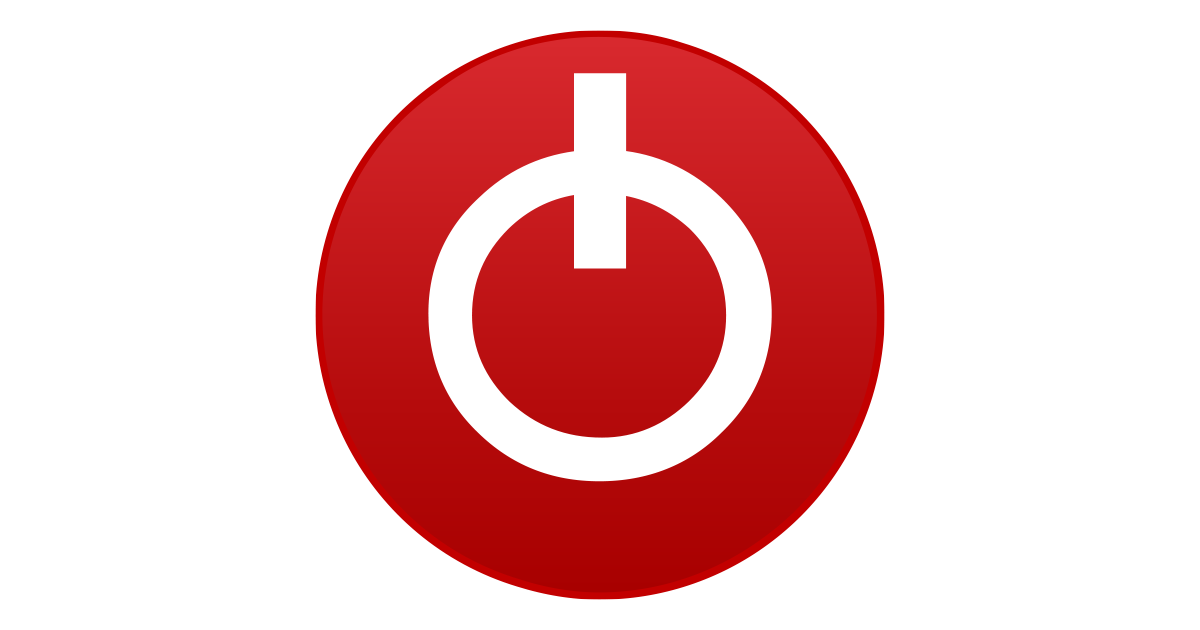- Joined
- Nov 12, 2014
- Messages
- 693 (0.18/day)
- Location
- Ilirska Bistrica, Slovenia
| System Name | Thermaltake |
|---|---|
| Processor | AMD Ryzen 5 5800X3D @ 4.60 GHz |
| Motherboard | Gigabyte B550 Aorus Elite V2 |
| Cooling | Thermalright Frozen Warframe Ultra 360mm AIO |
| Memory | 32 GB Crucial Ballistix @ 3600 MHz CL16 |
| Video Card(s) | XFX 9070 XT 16 GB |
| Storage | Kingston 256GB SSD | Kingston 240GB NVMe | Samsung 1TB NVMe | Samsung F3 1TB HDD | Barracuda 2TB HDD |
| Display(s) | 34" ultrawide LG 34GS95QE 240 Hz OLED | 55" LG UR91 4k@60Hz |
| Case | Phanteks Eclipse P400 |
| Audio Device(s) | G Pro X Lightspeed headset, Z906 5.1 speakers |
| Power Supply | Thermaltake GF1 850 W - 80 Plus Gold |
| Mouse | Logitech G502 HERO Lightspeed |
| Keyboard | ROG Strix Scope RX |
| Software | Windows 11 Pro x64 |
Hi guys!
I'm currently in the process of overclocking my RAM. It's a Crucial Sport 2400 MHz kit and I was able to push it to 2933 MHz using a higher DIMM voltage (1,20 → 1,45 V), still using XMP.
The only voltage I've played with was the DIMM voltage. I can also change the DDRVPP voltage (2,5 V) and DRAM Termination voltage (0,6 V).
Would changing any one of these two help with the overclock?
Thanks!
I'm currently in the process of overclocking my RAM. It's a Crucial Sport 2400 MHz kit and I was able to push it to 2933 MHz using a higher DIMM voltage (1,20 → 1,45 V), still using XMP.
The only voltage I've played with was the DIMM voltage. I can also change the DDRVPP voltage (2,5 V) and DRAM Termination voltage (0,6 V).
Would changing any one of these two help with the overclock?
Thanks!





 I don't want to fry anything
I don't want to fry anything 
